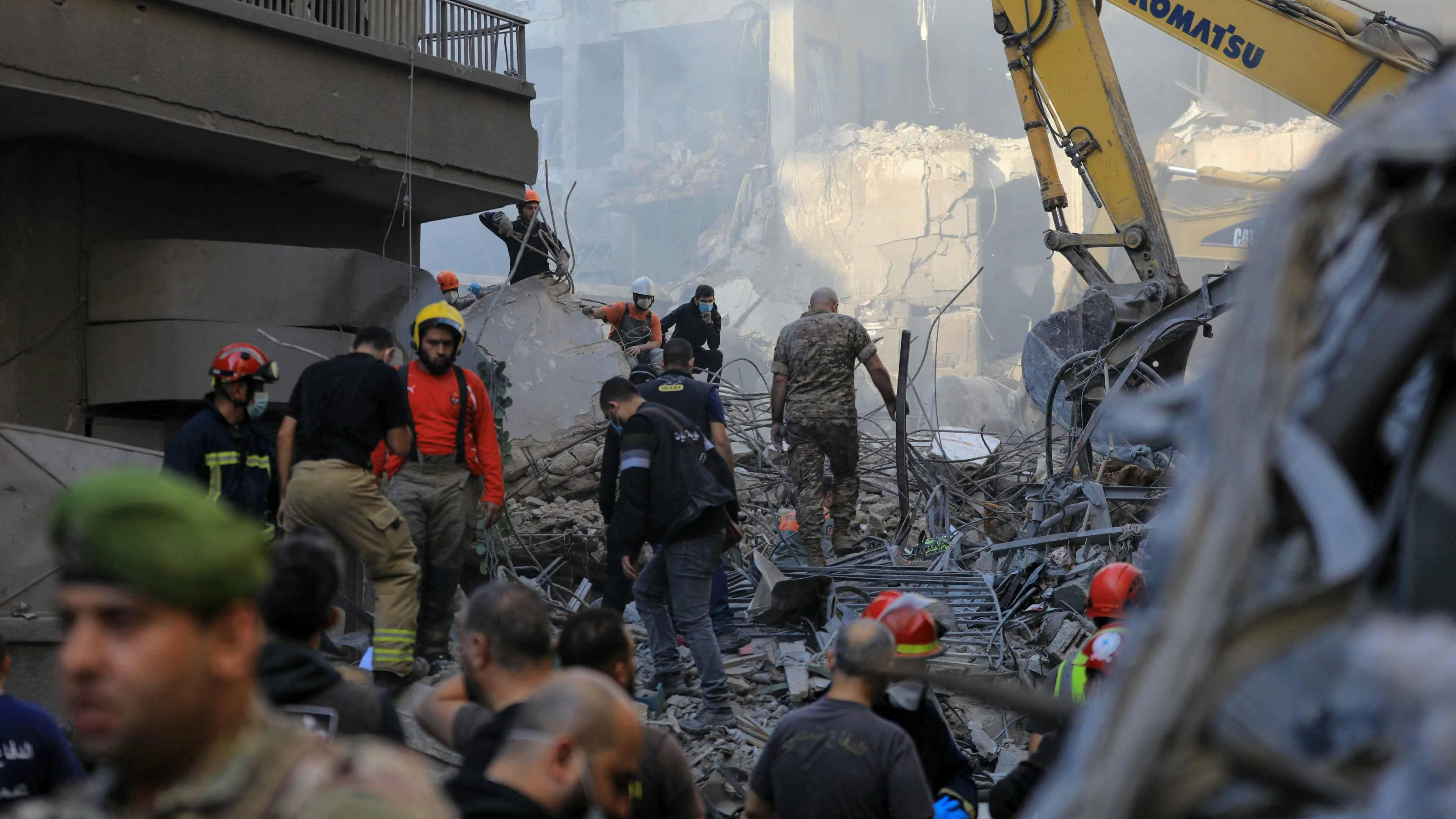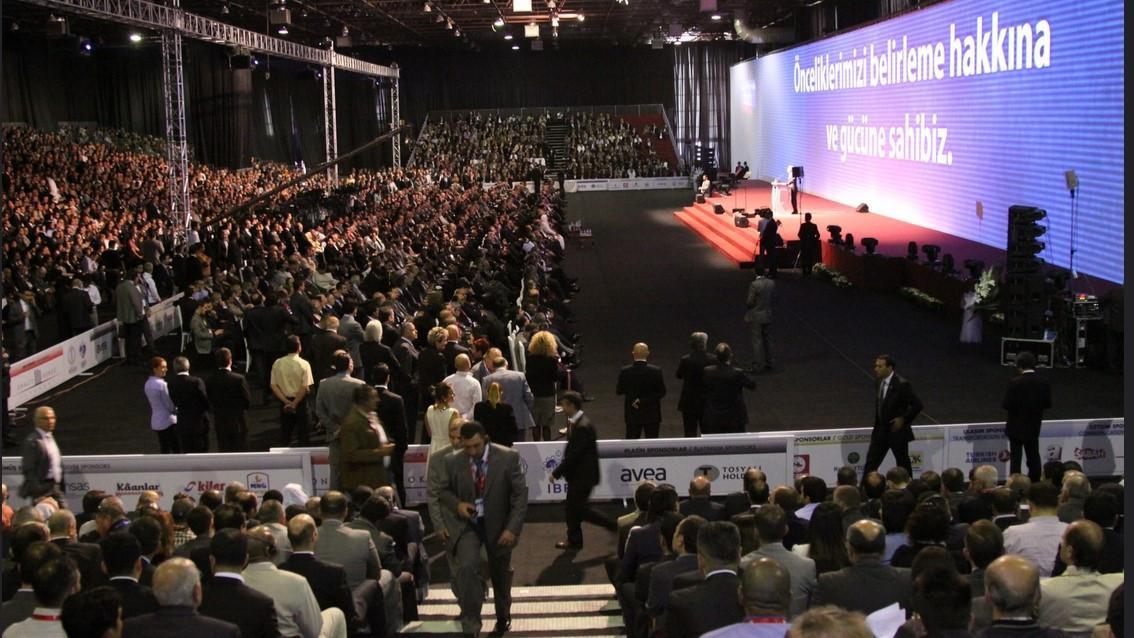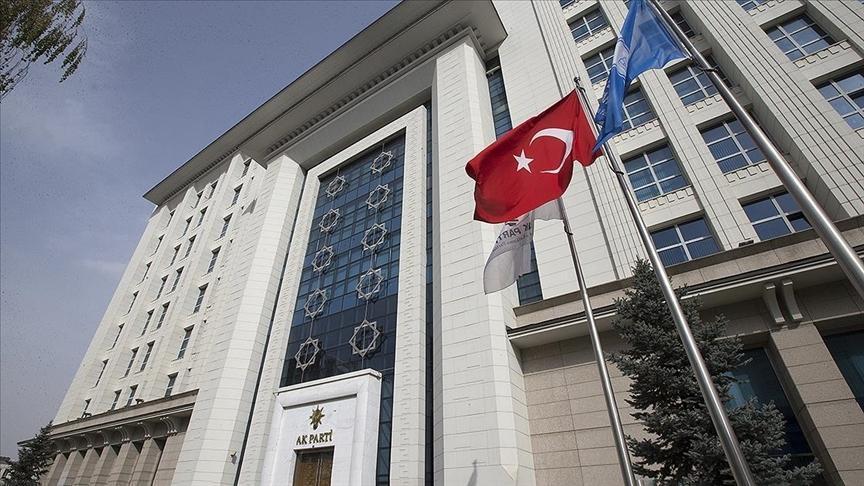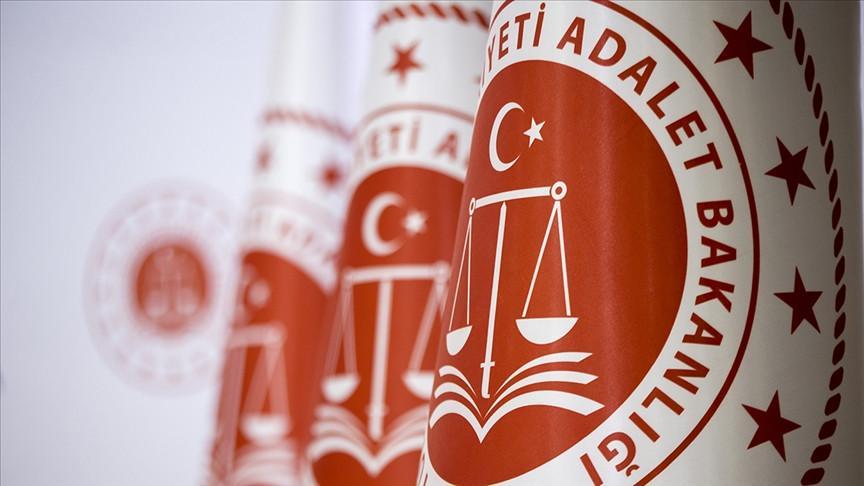Facebook says 10 million U.S.users saw Russia-linked ads
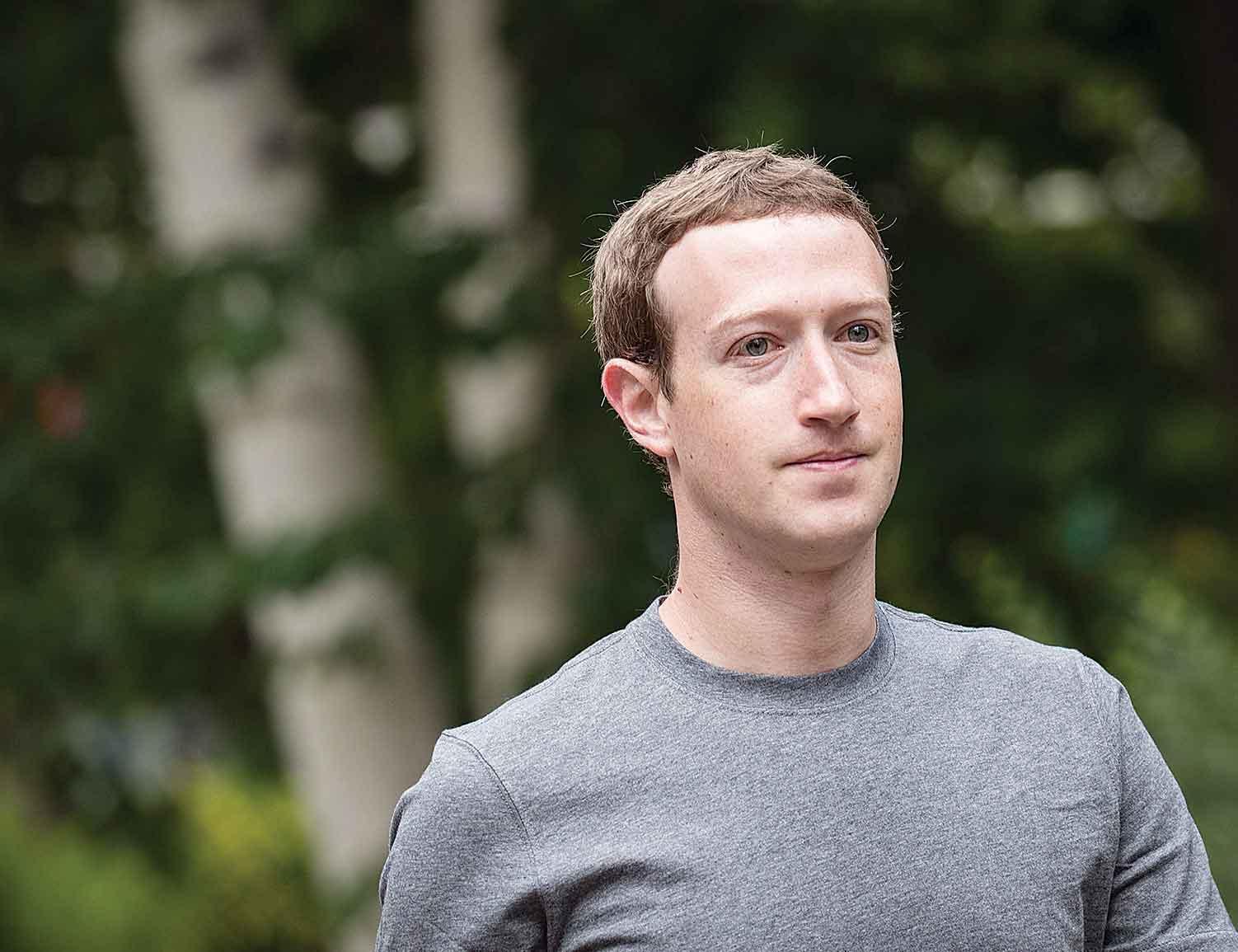
Some 10 million people in the United States saw politically divisive ads on Facebook that the company said were purchased in Russia in the months before and after last year’s U.S. presidential election, Facebook said on Oct. 2.
Facebook, which had not previously given such an estimate, said in a statement that it used modeling to estimate how many people saw at least one of the 3,000 ads. It also said that 44 percent of the ads were seen before the November 2016 election and 56 percent were seen afterward.
The ads have sparked anger toward Facebook and, within the United States, toward Russia since the world’s largest social network disclosed their existence last month. Moscow has denied involvement with the ads.
Facebook has faced calls for increased U.S. regulation from U.S. authorities. Chief Executive Mark Zuckerberg has outlined steps that the company plans to take to deter governments from abusing the social media network.
Earlier on Oct. 2, Facebook said in a separate statement that it planned to hire 1,000 more people to review ads and ensure they meet its terms, as part of an effort to deter Russia and other countries from using the platform to interfere in elections.
The latest company statement said that about 25 percent of the ads were never shown to anyone.
“That’s because advertising auctions are designed so that ads reach people based on relevance, and certain ads may not reach anyone as a result,” Elliot Schrage, Facebook’s vice president of policy and communications, said in the statement.
For 99 percent of the ads, less than $1,000 was spent, he said. The total ad spend was $100,000, the company has said.
Still, he said it was possible Facebook would find more Russia-linked U.S. ads as it continues to investigate.
Schrage, while criticizing the ad buyers for using fake accounts, also said many of the ads otherwise “did not violate our content policies” and could have remained if bought using real accounts.
“While we may not always agree with the positions of those who would speak on issues here, we believe in their right to do so - just as we believe in the right of Americans to express opinions on issues in other countries,” he wrote.
Facebook is working with others in the tech sector, including Twitter Inc and Alphabet Inc’s Google, on investigating alleged Russian election meddling, Schrage added.
The 1,000 new workers represent the second time this year that Facebook has responded to a crisis by announcing a hiring spree. In May, it said it would hire 3,000 more people to speed up the removal of videos showing murder, suicide and other violent acts that shocked users.
Like other companies that sell advertising space, Facebook publishes policies for what it allows, prohibiting ads that are violent, discriminate based on race or promote the sale of illegal drugs.
With more than 5 million paying advertisers, however, Facebook has difficulty enforcing all of its policies.
The company said on Monday that it would adjust its policies further “to prevent ads that use even more subtle expressions of violence.” It did not elaborate on what kind of material that would cover.
Facebook also said it would begin to require more thorough documentation from people who want to run ads about U.S. federal elections, demanding that they confirm their businesses or organizations.


